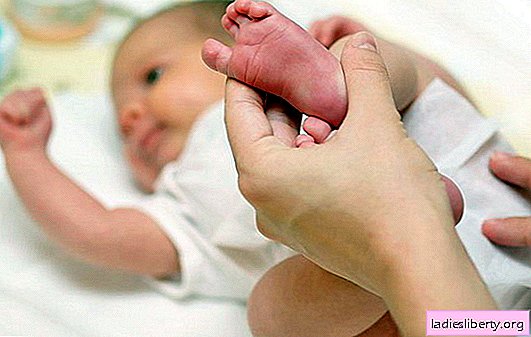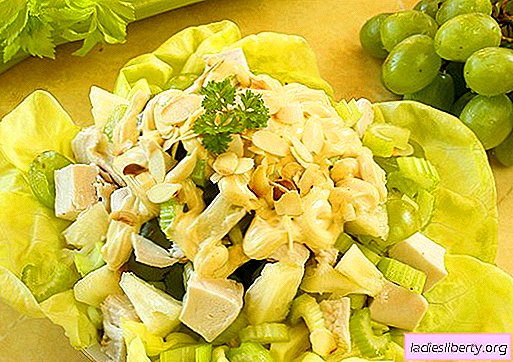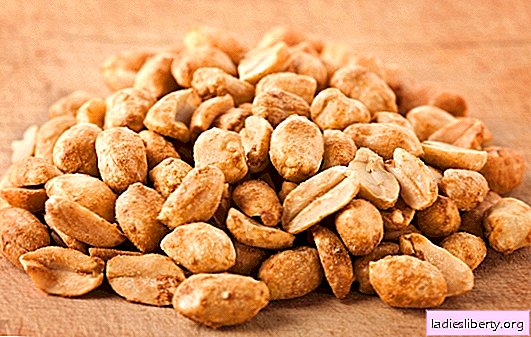
What excites moms most of all in the first minutes of their child’s life is his health.
What will it be?
How is it formed from birth?
One of the indicators of a child’s health is the quality of his stool.
The stool of the newborn. How much should a newborn baby poop?
A baby in the womb receives food through the umbilical cord. Its intestines and stomach are formed in utero and were originally intended for the processing of liquid foods, best of all, breast milk. At birth, intrauterine food remains in the intestines and stomach of the baby.
Both the intestines and the stomach of the newborn are not ready from the first days of life to eat an adult, they can hardly cope with the absorption of breast milk and mixtures, not to mention a more serious diet. Today, in almost all maternity hospitals, from the first moments of a child’s life, it is customary to apply it to the mother’s chest so that he receives at least a few, but drops of such an important product as colostrum.
Colostrum contains all the most useful vitamins and minerals that are not found in other foods that are not excreted in such a huge amount along with regular breast milk. It is colostrum that helps the newborn's intestines "start up" and begin to work in a normal, human mode, rather than in utero.
In the early days of a child’s life, the stool is called meconium. It has a greenish, brownish tint, may have impurities of mucus and lumps. Together with meconium, digested intrauterine food comes out. How many times a day should a newborn poop? In the first few days when the feces are meconium, the child can poop five, six times a day and this will be considered the norm.
How much should a newborn baby poop? In the first days of the baby’s birth, employees of the maternity hospital will help mom in this matter. Nurses carefully monitor that the baby does not have blood impurities in the stool, so that it defecates within twelve hours of birth for the first time. Why is this so important? Because this is a sign of the normal development of the baby and the full formation of his intestines.
How many times a day should a newborn poop? What should alert you?
Many young mothers are even scared of the color of their first bowel movements. But do not panic, meconium is a physiological phenomenon in children. It is very important that the mother monitors the frequency of bowel movements and the consistency. If a child poaches more than six times in the first days of life and at the same time significantly loses weight - this is cause for concern, in some cases for hospitalization.
The cause of this pathological phenomenon can be various bacteria, mainly E. coli and other pathological microflora, which became active in the intestines of the baby. Only qualified doctors can cope with this problem, but not the mother alone.
How much should a newborn baby poop? Five, six a day. But if he poop ten times, often attached to the chest? What to do in this case? If there is no bloody streaks in the child’s stool and he is gaining weight within the normal range, then such a process may indicate excessive intestinal motility. In any case, the rate of how many times a day a newborn should poop is determined by the pediatrician individually.
If a child defecates once or twice a day, and at the same time feels normal, sucks well, does not act up, sleeps soundly, then everything in his body functions normally. But, if he bothers with legs and cannot defecate, then the child has constipation.
There are situations when a newborn day cannot defecate, then in the hospital he will be given a cleansing enema or a mild laxative will be prescribed. The cause of this pathology may be underdevelopment of the intestines of the newborn or improper nutrition of the nursing mother. Perhaps for a child on artificial feeding it is worth choosing a different mixture.
Mothers who are breast-feeding a baby should follow a strict diet in the early days of their child's life:
• Exclude fatty foods, sour and spicy foods;
• Eliminate sweet water and carbonated drinks;
• Exclude foods high in salt and sugar;
• Exclude products containing dyes and flavors.
Of course, the best option will be the proper nutrition of the mother throughout pregnancy. But, if this was not possible, then she should try to monitor her diet from the first days from the birth of her child.
For those mothers whose newborns are prone to constipation, a special diet will be selected in the maternity hospital. A baby’s boiled beetroot with sunflower oil stimulates the baby’s stool very well. Women in labor should carefully listen to the advice of doctors and not allow experiments in their diet.
How many times a week should a month-old baby breast-feed?
The ideal nutrition for the baby in the early days of his life is breast milk. Another best food for him does not exist yet, since artificial nutrition is not so useful and not so well absorbed by his body.
The first month of a child’s life is most important for shaping his health. It is from the state of his intestines that his local immunity depends. Many mothers are concerned with the question, how many times a week should a month-old baby breast-feed? Doctors believe that breastfeeding a child receives much more nutrients and trace elements, as well as fiber, than breastfeeding, so he should poop less than seven times a week in the first month of his life.
There are times when a newborn while breastfeeding defecates once every couple of days. If the child eats well at the same time and is not capricious - do not worry. But if colic pests him, then mom needs to review her diet, remove white bread from it and replace it with wholemeal bread. Mother should follow a lactational diet. If this does not help establish the work of the intestines of the baby - you need to see a doctor. He will prescribe tests and a laxative, he will pick up an individual treatment.
How much should a month-old baby be fed on artificial feeding?
Many mothers are faced with the problem of choosing the right artificial mixture for their child. The fact is that each baby is individual, and the mixture is just an imitation of natural breast milk. Many mothers spend weeks in order to choose the right nutrition for their baby on artificial feeding.
So, due to the lack of properly selected nutrition, a baby in the first month of his life may begin to have problems with bowel movements. Many babies already at this age have dysbiosis - the disease is insidious and brings many inconveniences.
How much should a month-old baby like? If he uses mixtures, then from once every couple of days. The best option is bowel movement two, three times a day. If a month-old baby poaches several times a week and at the same time there is no impurity of blood, mucus in his feces and he has a normal, not sour smell, then everything is fine with the baby.
Today, special mixtures with bifidobacteria and gluten-free are created for children with problem intestines. They are a salvation for many parents from sleepless nights and problems in a child with intestines.
If the baby poop more than five times a day on artificial feeding - it is worth the alarm and call a pediatrician. The fact is that with the release of feces, the child loses fluid. Toxins begin to destroy his body, internal organs. Moms should not ignore this situation, it is better to immediately call a doctor.
Thus, each infant and a month-old baby is individual and it is not worth building standard development standards for everyone. It is worth remembering that the baby should poop at least once a day and at the same time feel good, and no more than six times a day, in the first days and a month from birth.
Today, scientists have proved a direct connection between the psychological situation in the family and the development and health of the child. If there are frequent scandals and screams in the family, then the baby may have problems with bowel movements and other health problems. The appearance of a child in the family is a crucial step and should be treated with utmost care.











